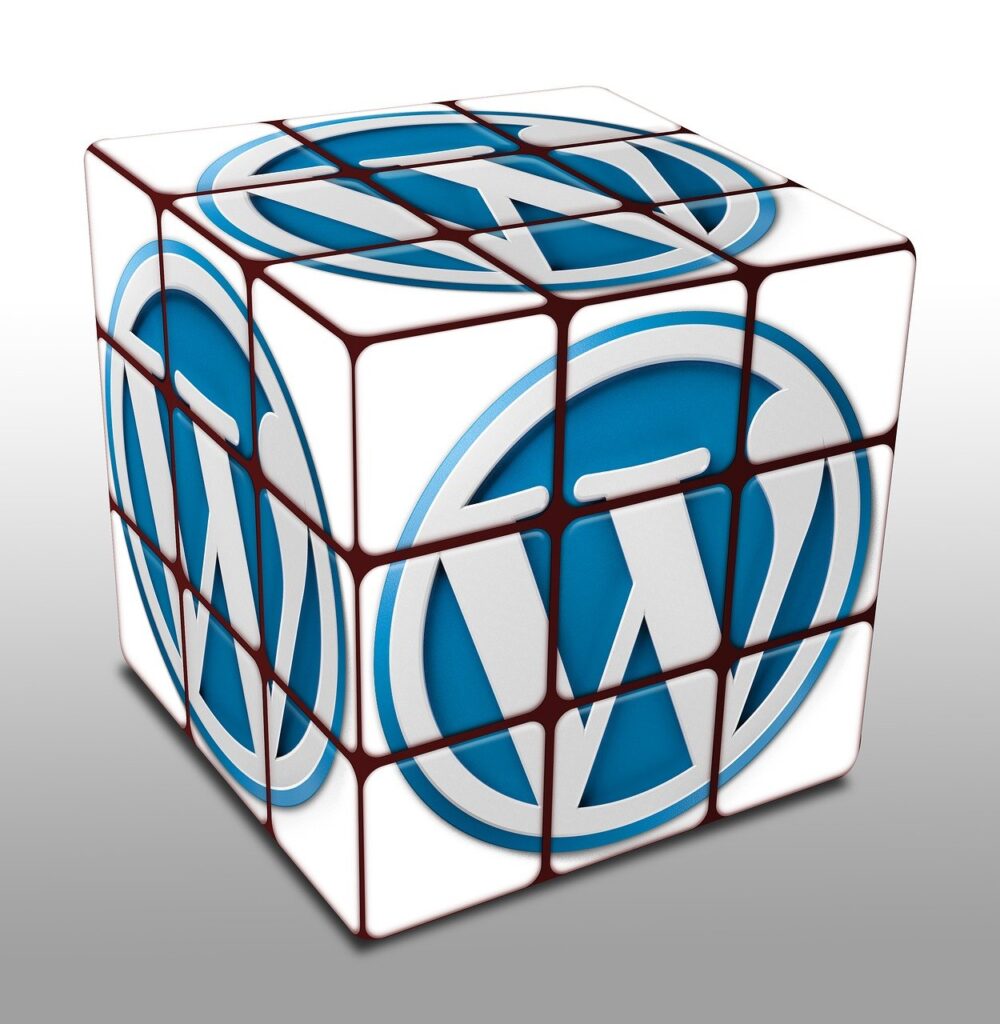
Website performance is no longer just a technical detail—it’s a business priority. Fast-loading, well-optimized sites rank higher in search engines, keep users engaged longer, and convert better. If you’re using WordPress, the good news is there are plenty of powerful ways to take your performance to the next level. In this article, we’ll show you how to improve website performance with advanced WordPress optimization, while also exploring how a skilled web agency can turn these strategies into long-term success.
Understanding the Importance of Speed and Efficiency
Let’s face it—nobody likes a slow website. In fact, even a one-second delay can cause a noticeable drop in conversions. Whether you’re running an online store, a blog, or a company site, performance directly impacts your bottom line. How to improve website performance with advanced WordPress optimization begins with understanding what slows your site down: bloated themes, unoptimized images, too many plugins, and outdated code are all common culprits.
A web agency brings experience and tools to identify and fix these issues. With performance audits, they can diagnose problem areas and suggest improvements tailored to your specific setup and goals.
Choosing the Right Hosting and Infrastructure
No optimization strategy will succeed without a solid foundation. That starts with reliable hosting. Shared hosting might be affordable, but it often lacks the power and speed required for modern websites. Consider managed WordPress hosting or cloud-based VPS solutions.
Partnering with a web agency ensures you’re not only choosing the right host but also configuring your infrastructure properly. From server-side caching to content delivery networks (CDNs), your agency can fine-tune performance from the ground up.
Leveraging Caching, Minification, and Lazy Loading

Now let’s get into the real nuts and bolts of how to improve website performance with advanced WordPress optimization. This includes implementing techniques like:
- Caching: Storing static versions of your pages to reduce server load.
- Minification: Compressing CSS, JavaScript, and HTML files to reduce file size.
- Lazy loading: Delaying the loading of images and videos until they’re visible on screen.
These are not one-size-fits-all tactics. Done poorly, they can break functionality or hurt UX. That’s why web agencies are crucial—they know the tools and configurations that work best for your theme, plugins, and content structure.
Optimizing Images and Media Content
Large, uncompressed images are among the biggest performance killers. They slow down page load times and affect mobile performance dramatically. Optimizing your media doesn’t mean compromising quality—it means smart compression and proper sizing.
Web agencies use automated tools to compress existing media libraries and set up workflows that ensure all future uploads are optimized from day one. They’ll also help implement next-gen image formats like WebP and video streaming best practices.
Maintaining Peak Performance Over Time
Website performance isn’t a one-time fix—it’s an ongoing process. Regular updates, plugin audits, database cleanups, and performance monitoring are all essential. And as your site grows, so do its needs.
That’s where a web agency really shines. They don’t just optimize and leave. They offer long-term maintenance and support, ensuring your site continues to perform at its best, adapts to new technologies, and scales as your business grows.
Optimizing WordPress for performance can be overwhelming if you’re going it alone. But with expert help, it becomes a strategic advantage. Understanding how to improve website performance with advanced WordPress optimization is the first step—partnering with a professional agency is the next. The result? A faster, more reliable, and future-proof online presence that keeps your visitors happy and your goals within reach.